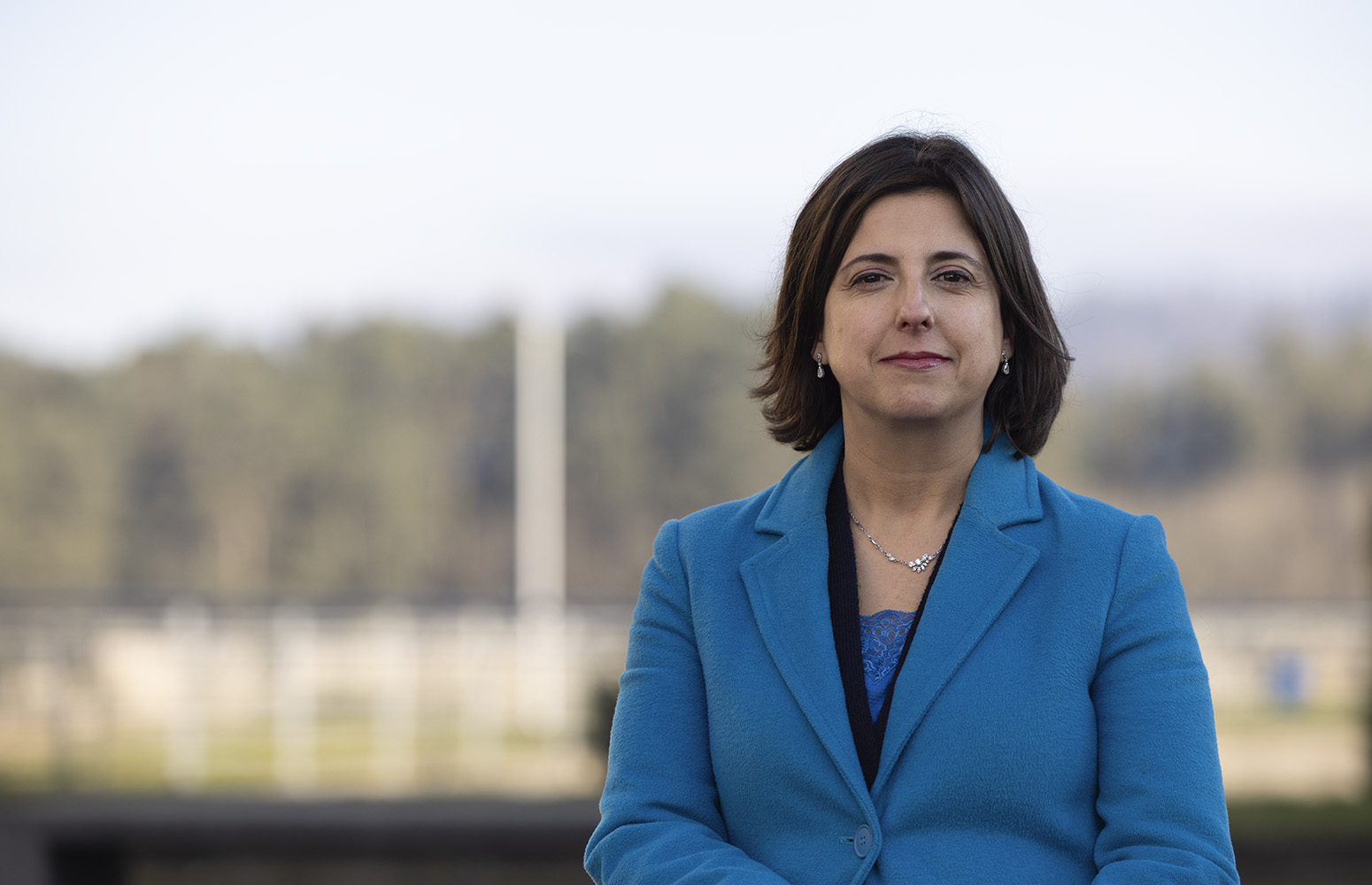María Gorosarri, a researcher at the Faculty of Social and Communication Sciences of the University of the Basque Country (UPV/EHU), has analysed the most important publications in the print and audio-visual media in Spain over the last five years for the purpose of drawing attention to the journalistic practices that perpetuate sexism, and formulating a definition of feminist journalism.
-

Eco friendly, inexpensive system for storing high-power energy from pine biomass
-

Sediment transport restored after demolition of the Olloki dam
-

Pollinator diversity in urgent need of protection to ensure ecosystems function properly
-

Toxic chemical pollutants detected in lichens and mosses in the Irati forest
-

Presence of potentially toxic microalgae confirmed in La Concha Bay
A UPV/EHU study highlights the need for journalism that defends women's rights
The UPV/EHU researcher Maria Gorosarri has concluded that the post of gender editor fails to guarantee feminist journalism
- Research
First publication date: 05/02/2025

The analysis found that objective professional journalism reproduces bad journalistic practices, such as the overrepresentation of men as the main protagonists and sources (up to 74% in the Spanish media, according to GMMP monitoring for 2020), and the failure to apply deontological documents on gender-based violence. Gorosarri defined feminist journalism on the basis of overcoming each of the nine male privileges specified by the philosopher Kate Manne. The way violence against women is handled stands out across the resistance to equality in journalistic practice.
«Little attention is paid to following deontological codes in the coverage of gender-based violence»
In headlines such as “Two years for having sex with an unconscious minor,” for example, sexual violence is eroticised, as no distinction is made between sex and assault. In addition, the term “alleged” has been found to appear up to three times more often when it is a woman who reports her partner. Likewise, in reports on gender violence, news is produced from neighbourhood sources, which is not the case with other crimes. To this is added the sexualisation of women's bodies in most of the images, which the author relates to the privilege of “control over their bodies”, with particular impact in the case of sportswomen.
The research also concluded that the overrepresentation of men in the news and as sources of information reproduces the privilege of “knowledge”, since they are the ones who explain the world, and that of “power”, because the fact that they are the ones who hold it renders it as natural.
Doing better journalism
Gorosarri stressed the need for better, more rigorous journalism to overcome the sexist coverage of women and to include a “responsibility to criticise”, in other words, not only to point out the obstacles preventing true equality between men and women, but also to attend to the constructive duty of bringing the vision of an egalitarian society, in which women's legal rights are effectively guaranteed, closer.
Some media, such as El País, Eldiario.es, El Correo or the RTVE, have incorporated the post of gender editor, who is responsible for avoiding sexist language and promoting the parity of protagonists and sources. In Gorosarri's view, this strategy has not been sufficient to incorporate a feminist perspective into journalistic production because it puts the responsibility for the entire newsroom in the hands of a single person. Moreover, instead of reviewing the journalistic practices of the medium itself, personal judgement is prioritised. In fact, news reports about complaints of sexual assault, even the ones written by those in charge of gender in the media, sometimes fail to comply with basic rules, such as avoiding the identification of the complainant and lurid details, precisely because priority is given to appealing to the audience’s empathy.
In the UPV/EHU researcher's view, “feminist journalism is not a closed list of good practices to be followed, but a compass for editorial staff and the media”. Gorosarri proposes journalism that focuses on overcoming the privileges of gender, class, race or ethnicity. “Feminist journalists have a duty to engage in feminist journalism, in other words, quality journalism that does not look at women in a sexist way, regards the goals and strategies of the feminist movement as its own, and develops an alternative vision of society,” she concluded.
About the author
Maria Gorosarri is an adjunct lecturer and researcher in the Department of Journalism of the UPV/EHU’s Faculty of Social and Communication Sciences. A graduate in Law (2002) and Journalism (2004), she has worked for several years as a journalist, has been a head of communications, and right now contributes to various media. Her lines of research are news quality, feminist journalism and photojournalism.
Bibliographic reference
- Periodismo feminista: una aproximación conceptual
- Historia y Comunicación Social
- DOI: https://doi.org/10.5209/hics.98681

